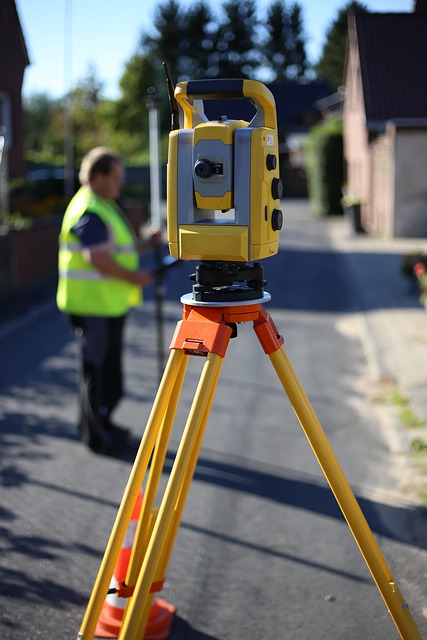Land Surveying Careers: Precision, Technology, and Growth
Discover the dynamic world of land surveying, where cutting-edge technology meets mathematical precision. This comprehensive guide explores the essential skills, diverse specializations, and promising career trajectories in the field of geospatial analysis. Learn how surveyors shape our world, from urban development to environmental conservation, and uncover the challenges and rewards of this vital profession.

Embarking on a Career in Land Surveying: Skills, Specializations, and Opportunities
Land surveying is a profession that combines precision measurement, spatial analysis, and outdoor fieldwork. As urban development accelerates and environmental concerns grow, the demand for skilled surveyors continues to rise. This article delves into the multifaceted world of surveying, exploring the skills required, technological advancements, and career prospects in this essential field.
Essential Skills and Qualifications for Aspiring Surveyors
Success in surveying hinges on a unique blend of technical expertise and practical skills. Aspiring surveyors should cultivate:
- Strong mathematical foundation, particularly in geometry and trigonometry
- Proficiency with specialized surveying equipment and software
- Keen attention to detail and analytical thinking
- Physical stamina for fieldwork in various conditions
- Effective communication and problem-solving abilities
Most surveying positions require a bachelor’s degree in surveying, geomatics, or a related discipline. Additionally, many jurisdictions mandate professional licensing or certification to practice independently.
The Technological Revolution in Modern Surveying
The surveying industry has undergone a significant transformation due to technological advancements. Today’s surveyors leverage a range of high-tech tools and techniques:
- Robotic total stations for precise measurements
- GPS receivers for accurate positioning
- LiDAR systems for 3D mapping
- Drone technology for aerial surveying
- Geographic Information Systems (GIS) for spatial data analysis
As technology continues to evolve, surveyors must commit to ongoing learning and adaptation to remain competitive in the field.
Diverse Specializations within Surveying
The surveying profession offers various specializations, each catering to specific industries and project types:
- Land Surveying: Focusing on property boundaries and legal descriptions
- Construction Surveying: Ensuring accurate implementation of architectural and engineering plans
- Geodetic Surveying: Measuring large-scale areas of the Earth’s surface
- Hydrographic Surveying: Mapping underwater terrain for marine projects
Each specialization requires unique skills and knowledge, allowing surveyors to carve out niche careers within the broader field.
Career Outlook and Professional Growth
The surveying profession generally enjoys a positive job outlook, with steady demand across various sectors. Career advancement often involves:
- Progressing to project management roles
- Specializing in high-demand areas like 3D modeling or forensic surveying
- Pursuing additional certifications or advanced degrees
While specific salary ranges and job availability can vary significantly based on location, experience, and specialization, surveying often offers competitive compensation and opportunities for growth.
Navigating Challenges in the Surveying Profession
Surveyors face a unique set of challenges in their daily work:
- Adapting to diverse and sometimes harsh weather conditions
- Maintaining extreme accuracy, as even small errors can have significant consequences
- Staying current with rapidly evolving technology and software
- Navigating complex regulations and legal requirements
- Balancing fieldwork with office-based analysis and reporting
Overcoming these challenges requires resilience, continuous learning, and a passion for precision and problem-solving.
Conclusion: The Enduring Value of Surveying
As our world becomes increasingly digitized and spatially aware, the role of surveyors remains crucial. From ensuring the accuracy of property boundaries to supporting large-scale infrastructure projects, surveyors play a vital role in shaping our built and natural environments.
For those drawn to a career that combines technical expertise, outdoor work, and analytical thinking, surveying offers a rewarding and dynamic path. As technology advances and global challenges evolve, the surveying profession continues to adapt, innovate, and provide essential services across numerous industries.
Whether you’re fascinated by cutting-edge mapping technologies, passionate about environmental conservation, or intrigued by the legal aspects of land ownership, a career in surveying offers diverse opportunities to make a tangible impact on the world around us.






